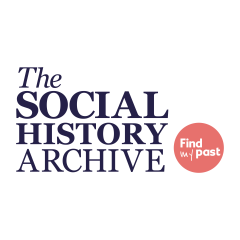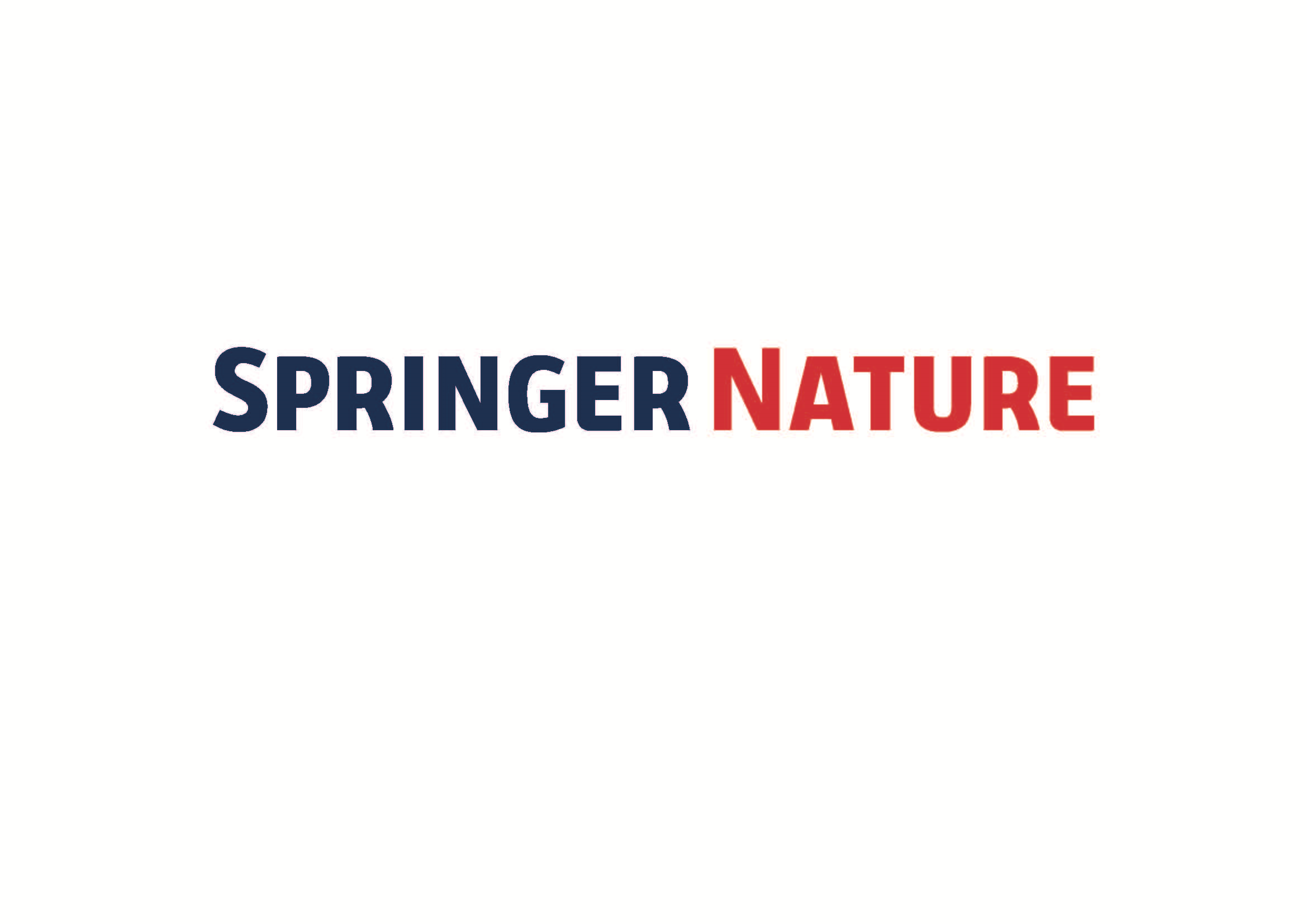The UKSG Annual Conference is a major event in the scholarly communications calendar which attracts delegates each year from around the world – librarians, publishers, content providers, consultants and intermediaries. The conference combines high-quality plenary presentations, lightning talks, workshops and breakout sessions with entertaining social events and trade exhibition.
When
Where
Venue Photos
Monday, April 8, 2024 – 08:00 BST
to
Wednesday, April 10, 2024 – 13:30 BST
Scottish Event Campus (SEC)
Glasgow, G3 8YW
United Kingdom

About
Sponsors
Programme
Feedback
Registration
Contact
Map
Share
About the Event
Conference photographs
You can access all of the conference photographs taken by Simon Williams Photography at the links below. You are free to use and re-use these photographs in any format, commercial or otherwise.
Sunday: https://images.simonwilliamsphotography.co.uk/p348531333
Monday: https://images.simonwilliamsphotography.co.uk/p446577628
Tuesday: https://images.simonwilliamsphotography.co.uk/p340722794
Wednesday: https://images.simonwilliamsphotography.co.uk/p120411265
Registration
Sorry registration has closed for the UKSG this year. Please don’t contact us with late bookings at this time as we will be unable to process them. There will be no on-site bookings so please do be considerate and not just turn up as we will have to say no.
We look forward to welcoming everyone to Glasgow!
Programme
Please scroll down for the latest programme information.
Please click here to download a copy of the programme, do note this year, in an effort to minimise our environmental impact and reduce paper waste, printed copies will be strictly limited at the event. We strongly encourage you to download the event app for accessing the programme or print a copy of the PDF before you travel.
Travel to Glasgow
More information on how to get to the SEC can be found here
ScotRail offer a special discounted train ticket for delegates travelling between the city centre and the SEC by train. The Conference Rover costs just £5 for up to 5 days’ travel. More information.
The Glasgow Convention bureau also provide a booklet containing special delegate offers and discounts for a variety of local tours and restaurants – this can be found here
Your access needs
We’re committed to running accessible training and events. We want you to feel welcome, included, and able to fully engage in our sessions.
To help us, please share any access needs you have when prompted by our booking form. We may be in touch to ensure we’re making the right adjustments.
Further information on access facilities for the city of Glasgow can be found here.
Conference App
The conference app is now live please, all registered delegates will receive and email with details on how to download the app. More detail can be found here.
The app includes information on:
- community/networking pages including ice breaking area’s.
- sessions and speakers (build your own programme)
- delegates lists
- sponsors and exhibitors
- maps
- take part in ‘The Passport Game’ with a chance to win £100 in vouchers
- additional information/logistics
- polls, Q&A, session chat
Additional venue information
UKSG and the SEC Campus put the safety of our attendees at the highest priority. Safety and security measures are in place to provide reassurance to our visitors, for more information the SEC’s security measures please click here
- During the live event be aware that generally bags larger than A3 size (30cm x 42cm) are not permitted inside the conference area, a complimentary cloakroom will be provided for conference delegate’s use.
A site map of the SEC can be found here
Sponsorship Opportunities
We are working again with Content Online who have produced the sponsorship pack which you can find here: https://bit.ly/44T9p0J
Exhibition
Accommodation
Accommodation is not covered by the delegate fee. The official online accommodation bookings service is now open – click here to view and book a range of hotels. Accommodation is sold on a first come, first served basis and the published rates will be available until 26 February.
Alternatively, you can book directly with Premier Inn, which is located a short walk across the river from the SEC.
The Glasgow Convention bureau also provide a booklet containing special delegate offers and discounts for a variety of local tours and restaurants – this can be found here

2024 John Merriman Award/Sponsored Places
Named in honour of John Merriman, in recognition of his work in founding both UKSG and NASIG, this prestigious award provides an invaluable opportunity for anyone keen to learn and share experiences from a very different angle. For more detail and the application process can be found here.
In addition to the John Merriman award we also offer sponsored conferences places for:
- student
- early career practitioners
- underrepresented groups
- scholarly information community
More details on these awards and bursaries can be found here.
The John Merriman award is supported by the generous sponsorship of Taylor & Francis Group and the early career professional awards are kindly sponsored by AIP Publishing, Frontiers and Wiley.




Gala Reception Partner:

Gold Sponsors
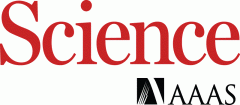




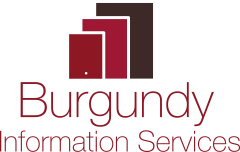



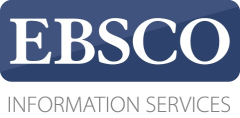
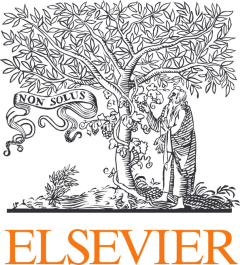


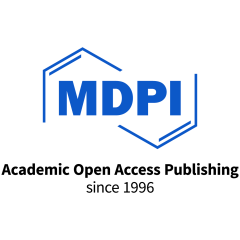


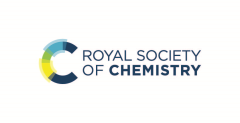




Programme
- Monday 8 April
- Tuesday 9 April
- Wednesday 10 April
Time
Programme
Speakers
08.00
Registrations opens alongside refreshments and exhibition viewing.
10.30
Opening of the Conference
followed by
Presentation of the John Merriman UKSG Award presented Taylor & Francis
(Award Sponsored by Taylor and Francis and provides free attendance at both UKSG and NASIG in the US)

Presentation to the sponsored students and early career professionals
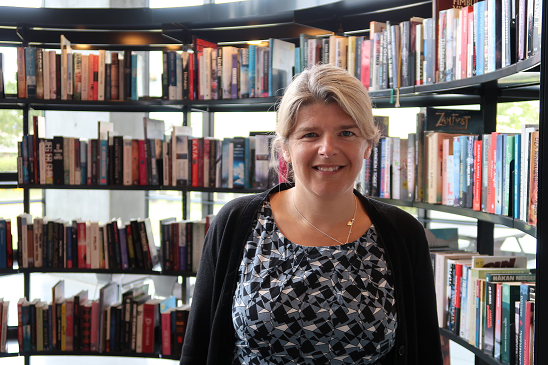
Joanna Ball
DOAJ/Chair of UKSG
See Biography
Joanna Ball is Managing Director for DOAJ (Directory of Open Access Journals), a community-curated online directory that indexes and provides access to quality, open access, peer-reviewed journals. Before joining DOAJ in 2022, her career was based in academic libraries in the UK and Denmark, most recently as Head of Roskilde University Library, part of the Royal Danish Library. She is currently Chair of UKSG.
10.30
Plenary Session 1: Moving Research Integrity Conversations Upstream
A practitioner’s view of research integrity: how it works on the ground – Inke Näthke, University of Dundee
Research integrity leads in research-intensive universities engage closely with all aspects related to this topic, including, but not limited to, receiving and coordinating responses to issues raised related to potential breaches of integrity, developing and implementing relevant procedures and policies, developing and delivering training, and ensuring a positive research culture. I will take the audience through the processes initiated when concerns are raised to illustrate the sometimes unforeseen challenges that can arise and discuss potential improvements.
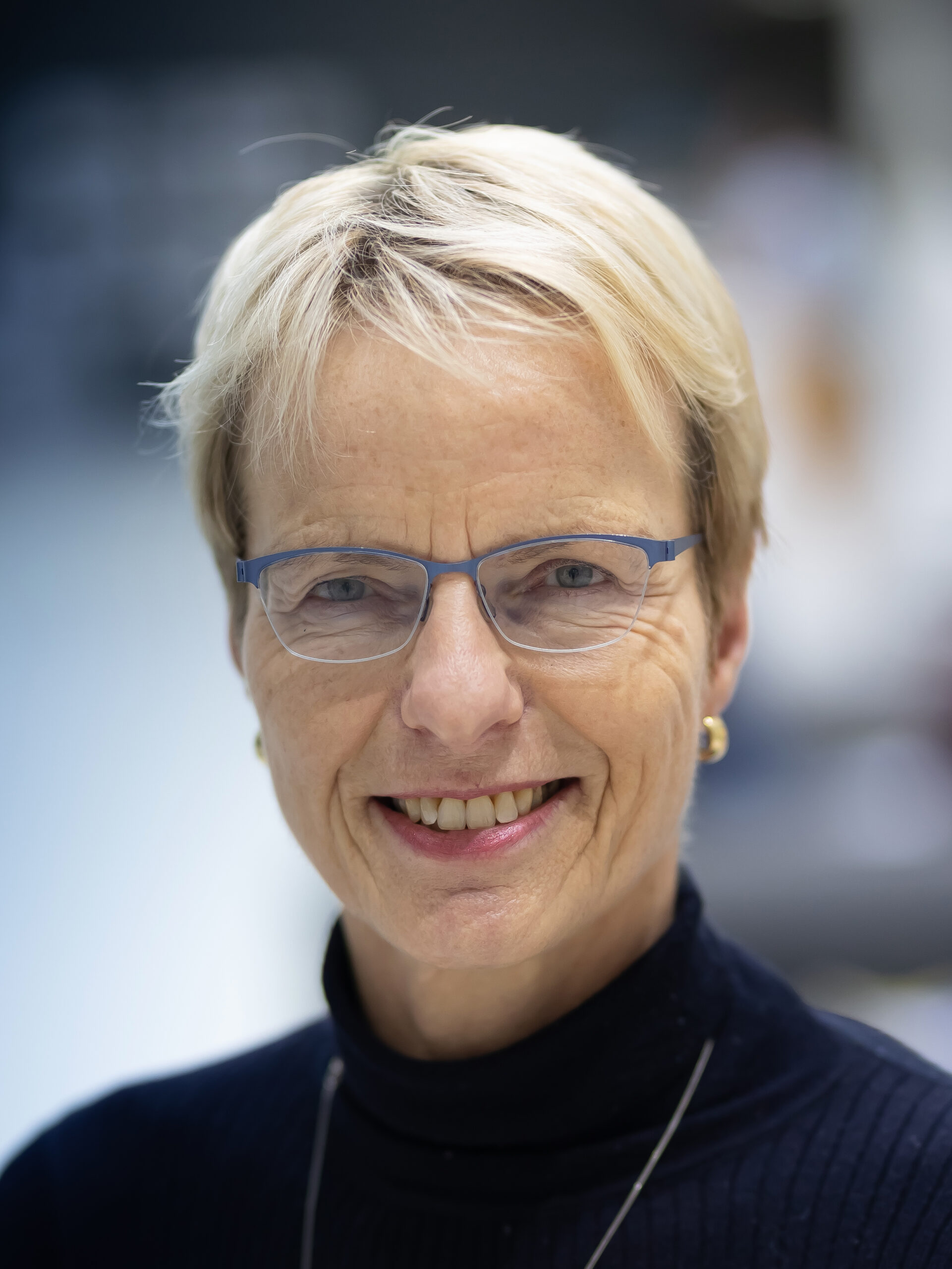
Inke Näthke
University of Dundee
See Biography
Professor Inke Näthke was awarded her PhD from the University of California, San Francisco and then worked as a postdoctoral fellow at Stanford University and Harvard Medical School before establishing her independent research team in the School of Life Sciences at the University of Dundee focussed on early changes in bowel cancer. She is Professor of Epithelial Biology and also Associate Dean for Professional Culture. She co-founded the Scottish Research integrity Network, is a member of the Board of Trustees of UKRIO, and is Research Integrity lead in the University.
A 30,000ft view of Research Integrity: Data, Trends and Actions – Daniel Hook, Digital Science
Protection of the scholarly record is critical for the global research enterprise to remain healthy both in terms of its ability to build on past research results and in terms of its relationships with the public that funds it. However, there are multiple drivers that break research integrity – the pressures of the evaluation system; challenges in the peer review landscape and the aims of nefarious external actors to name just a few. Creating good quality data sources that allow us to detect and understand these behaviours is critical to keeping our research system healthy. I will give an insight into some of the challenges and opportunities in creating a good quality data signal in a way that supports the research sector in a responsible manner.
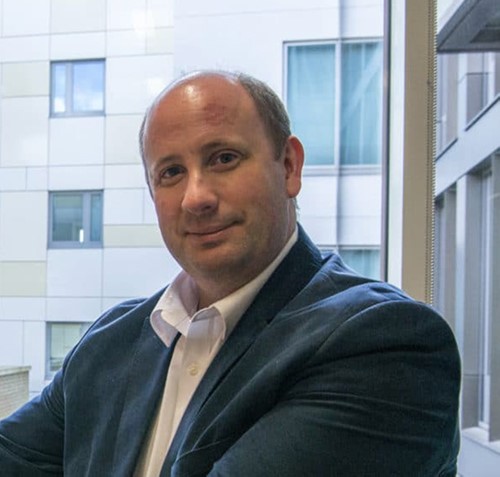
Daniel Hook
Digital Science
See Biography
Daniel Hook is CEO of Digital Science, co-founder of Symplectic, a research information management provider, and of the Research on Research Institute (RoRI). A theoretical physicist by training, he continues to do research both in physics and in bibliometrics in his spare time, and holds visiting academic positions at Imperial College London and Washington University in St Louis.
Retractions: On the Rise, But Not Enough – Ivan Oransky, Retraction Watch
In 2000, there were about 40 retractions from the scholarly literature. In 2023, there were more than 10,000. That is a dramatic increase, even accounting for the growing number of papers published per year. In this talk, I will start with what a retraction is, and how perceptions and practice have changed. I will also explore the reasons for the increase, why it is good news, and why the real number should be even higher — along with the root cause of why researchers end up having to retract. I will tell the stories of the sleuths who are finding problems in the literature, and describe efforts that academic libraries, publishers, technology vendors and others are making — and can make — to effect change.
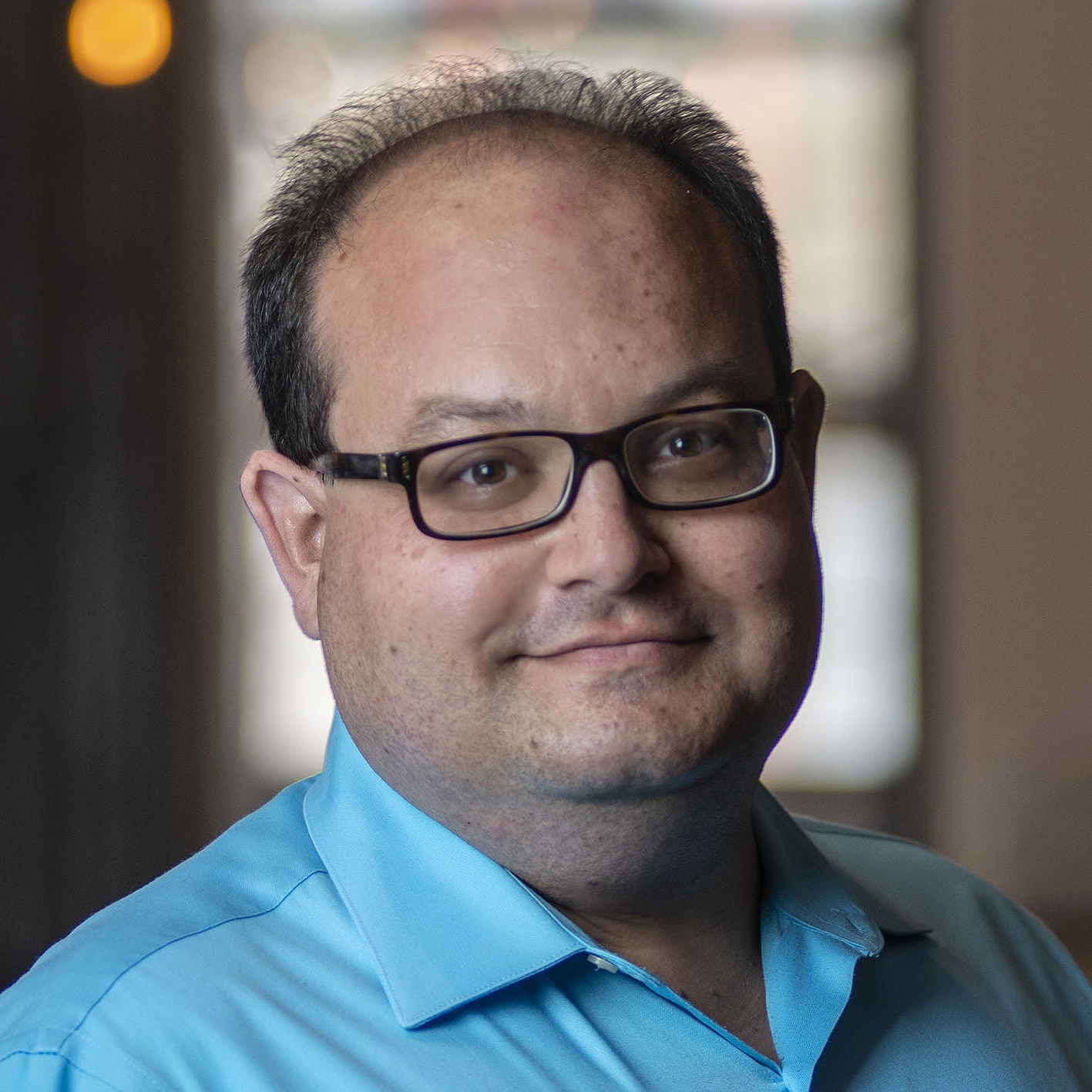
Ivan Oransky
Retraction Watch
See Biography
Ivan Oransky is one of the two co-founders of Retraction Watch, the editor-in-chief of Spectrum and distinguished journalist in residence at New York University’s Arthur L Carter Journalism Institute.
12.00
Lunch and Exhibition Viewing
Kindly sponsored by

13.30
Breakout Session – Group A
13.30
Workshop 1 – Making and Breaking the Rules: critical literacies for an AI-disrupted world
We live in a period of rapid digital transformation where hype around new technologies can overtake reality. AI, automation, virtual reality, big data and algorithmic decision-making can potentially disrupt education, work and entertainment. But the models underpinning these technologies aren’t new; we can critically evaluate them using established knowledge constructs and concepts.
Critical literacies and knowledge of computational thinking can empower communities to generate new knowledge through responsible use of scholarly outputs, data and technology. This interactive workshop explores critical approaches to digital and information literacies: through community learning we’ll develop threshold concepts, enabling empowered ethical adoption of digital technologies.
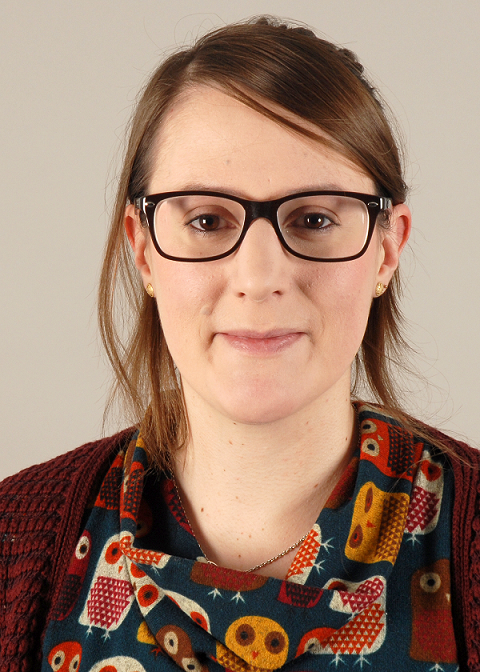
Susan Halfpenny
University of Aberdeen
See Biography
Susan Halfpenny is Head of Research and Learning Information Services at the University of Aberdeen. She is responsible for the delivery of digital and information skills, open research and subject services within the Library. Susan has led on a range of initiatives to develop staff and students digital capabilities, including the development of skills frameworks, the rollout of training programmes and the creation of digital citizenship and wellbeing MOOCs (Massive Open Online Courses). Her interests are digital scholarship, tackling information inequalities and ethical digital transformation for education and research.
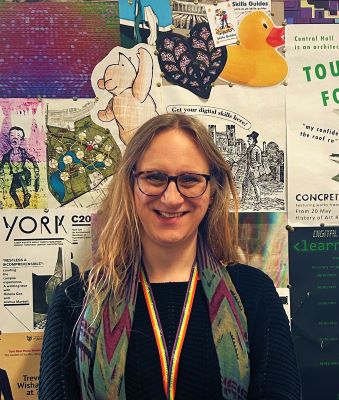
Steph Jesper
University of York
See Biography
Steph Jesper (she or they) is a Teaching & Learning Advisor in the DISC (Digital Inclusion, Skills, & Creativity) team in Library, Archives, and Learning Services at the University of York. She’s a qualified Librarian who moonlights in IT, developing and delivering digital skills training for students and staff, and looking after the University’s online Skills Guides resources. When she’s not teaching all things digital, she’s the sort of person who makes computer games in spreadsheets for fun.
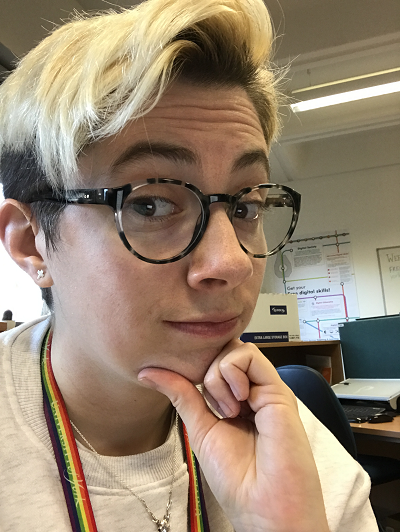
Siobhan Dunlop
University of York
See Biography
Siobhan Dunlop (they/them) is a Teaching and Learning Advisor in the Digital Inclusion, Skills and Creativity (DISC) team at the University of York, supporting people’s digital skills within the university and beyond. They focus on introductory coding, multimedia creation, and digital creativity, as well as the ways in which digital technologies impact our lives in a digital society and the importance of critical digital literacies and ethics in the technological world. When not doing all of this, they also write poems using code.
14.30
Breakout Session – Group B
15.30
Refreshments and exhibition viewing
16.00
Breakout session – Group C
17.00
Lightning Session 1
Practical steps towards an open research culture: Building support around FAIR data & software at the University of Sheffield – Jenni Adams, University of Sheffield, Ric Campbell, University of Sheffield
Academic researchers are becoming increasingly aware of the need to make data and software FAIR in order to support the sharing and reuse of non-publication outputs. Currently there is still a lack of concise and practical guidance on how to achieve this in the context of specific data types and disciplines.
This presentation details recent and ongoing work at the University of Sheffield to bridge this gap. It will explore the development of a FAIR resource with specialist guidance for a range of data types and will examine the planned development of this project during the period 2023-25.
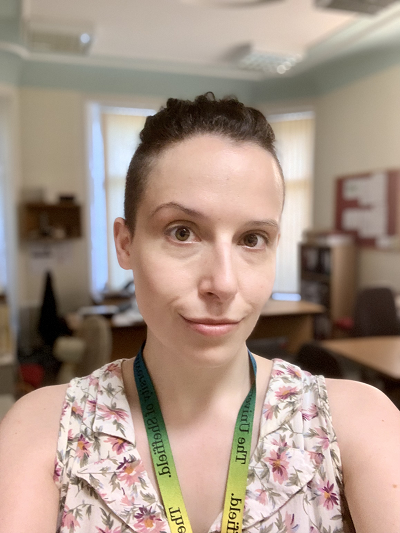
Jenni Adams
University of Sheffield
See Biography
Jenni Adams is Open Research Manager at the University of Sheffield, where she leads projects to raise awareness and support uptake of open research practices among researchers at all levels.
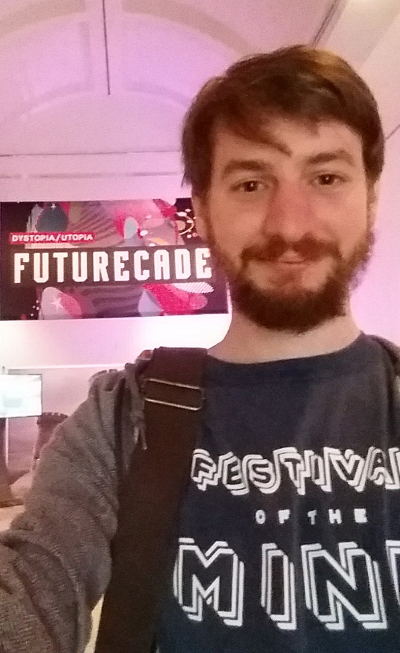
Ric Campbell
University of Sheffield
See Biography
Ric Campbell is Research Data Steward at the University of Sheffield. Based in the University Library, he is currently working with departments and research groups across the University to support the adoption of FAIR practices for research data and software.
17.00
Responding to the UN SDG Publishers Compact – Bristol University Press Digital – Simon Bell, Bristol University Press
The UN SDG Publishers Compact, launched in 2020, was set up to inspire action among publishers to accelerate progress to achieve the Sustainable Development Goals by 2030, asking signatories to develop sustainable practices, act as champions and publish books and journals that will “inform, develop and inspire action in that direction”.
This Lightning Talk will discuss how our new Bristol University Press Digital has been developed as part of our mission to contribute a meaningful and impactful response to this call to action as well as the global social challenges we face.
Using thematic tagging to create uniquely curated themed eBook collections around the Global Social Challenges, Bristol University Press Digital responds directly to the need to provide the scholarly community access to a comprehensive range SDG focussed content while minimising time and resource at the institution end in collating content and maintaining collection relevance to rapidly evolving themes
Resources
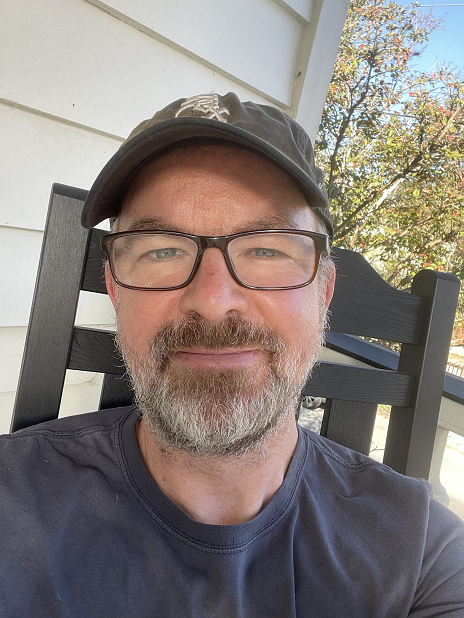
Simon Bell
Bristol University Press
See Biography
Simon Bell is the Institutional Sales Manager for Bristol University Press, responsible for all institutional sales across BUP’s book and journal portfolio including BUP’s new digital platform “Bristol University Press Digital”.
17.30
Exhibition viewing and reception
TBC
Supper and quiz or free evening
(pre-booking for the Quiz is required at time of conference registration – numbers limited)
Thank you to our sponsor for the evening

Time
Programme
Speakers
08.00
Registration
09.00
Plenary Session 2
Let’s Talk About Green – Beth Montague-Hellen, Francis Crick Institute, Katie Fraser, University of Nottingham
Open Access is a foundational topic in Scholarly Communications. However, when information professionals and publishers talk about its future, it is nearly always Gold open access we discuss. Green was seen as the big solution for providing access to those who couldn’t afford it. However, publishers have protested that Green destroys their business models. How true is this, and are we even all talking the same language when we talk about Green?
Has a recent focus on negotiating ‘read and publish’ deals moved towards Gold? Will upcoming milestones in research funder financing and compliance move us back? This session will discuss these questions and ask whether there is a model of Green that we can all get behind.
Are we there yet? A review of transitional agreements in the UK – Chris Banks, Imperial College London, Caren Milloy, Jisc,
Transitional agreements were developed in response to funder policy and institutional demand to constrain costs and facilitate funder compliance. They have since become the dominant model by which UK research outputs are made open access. In January 2023, Jisc instigated a critical review of TAs and the OA landscape to provide an evidence base to inform a conversation on the desired future state of research dissemination. This session will discuss the key findings of the review and its impact on a sector-wide consultation and concrete actions in the UK and beyond.
What did we Read, What did we Publish: Distilling the data that librarians need to manage transformative agreements – Michael Levine-Clark, University of Denver, Jason Price, SCELC Library Consortium
As transformative agreements emerge as a new standard, it is critical for libraries, consortia, publishers, and vendors to have consistent and comprehensive data – yet data around publication profiles, authorship, and readership has been shown to be highly variable in availability and accuracy. Building on prior research around frameworks for assessing the combined value of open publishing and comprehensive read access that these deals provide, we will address multi-dimensional perspectives to the challenges that the industry faces with the dissemination, collection, and analysis of data about authorship, readership, and value.
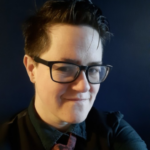
Beth Montague-Hellen
Francis Crick Institute
See Biography
Dr Beth Montague-Hellen started off academic life as a Molecular Biologist studying at Manchester University. The next 14 years were spent as a bioinformatician, accruing an MSc and a Phd on the way.
Following this, Beth decided that supporting others to do excellent research was far more rewarding than actually doing the research and so moved into Libraries and Research Support. Beth takes an as open-as-possible, EDI focused approach to research support and is a big advocate for green OA alongside a completely transparent research cycle including radically open data and software sharing.
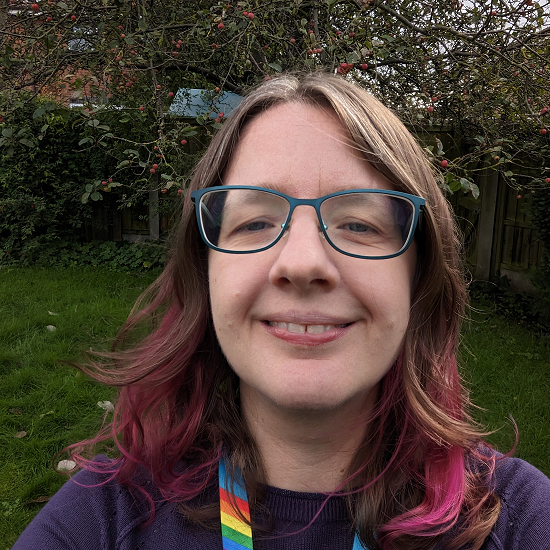
Katie Fraser
University of Nottingham
See Biography
As Associate Director for Research, Katie is a member of the senior management team at University of Nottingham Libraries UK, and departmental lead on developments and innovations in research communications, research support and research technologies. Katie builds relationships throughout the university community, and leads a team providing practical, straightforward advice and training on planning, publishing, sharing and preserving research. Before becoming a librarian, Katie undertook a PhD in Learning Sciences developing insights into, and enthusiasm for, learning, emerging technologies and the process of research. Katie is a Member of the Chartered Institute of Library and Information Professionals (CILIP).
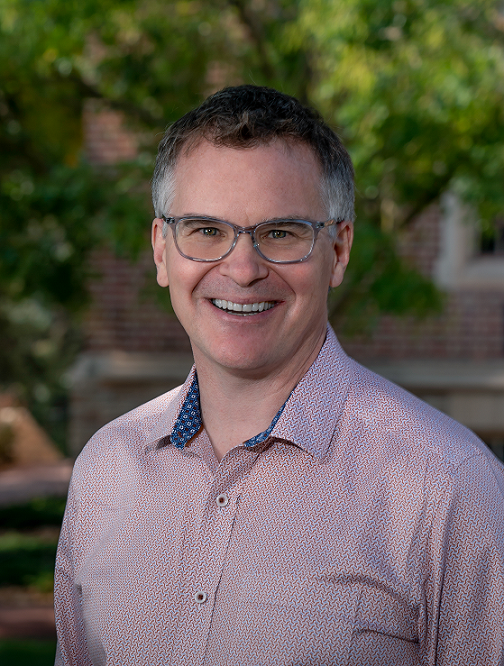
Michael Levine-Clark
University of Denver
See Biography
Michael Levine-Clark is Dean of the University of Denver Libraries, where he has worked in various positions since 1999. He serves in leadership roles in multiple consortia and is the chair of the OCLC Americas Regional Council. As a member of many publisher and vendor library advisory boards, he provides guidance about library and higher education trends. For his work on e-books and demand-driven acquisition models, he received the 2015 Harrasowitz Leadership in Library Acquisitions Award. He is widely published and has been invited to speak on six continents about academic library collections and scholarly communication issues.
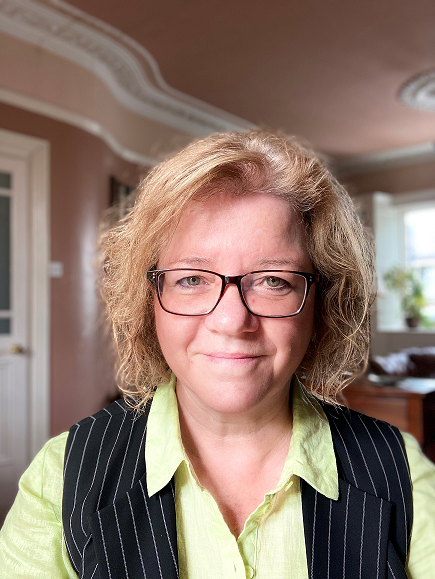
Chris Banks
Imperial College London
See Biography
Chris has nearly 39 years’ experience working in Libraries, including over 20 at the British Library in a variety of curatorial, management and strategic roles, and over 16at University Library Director level. She joined Imperial College in September 2013 as Director of Library Services.
Chris’s areas of expertise include strategy, open science and scholarly communications, organisational change, public engagement, space, and her original discipline, music.
Chris is a member of the Jisc UUK Content Negotiations Strategy Group, she chairs the Jisc UUK Content Expert Group, she is an elected Board member of Research Libraries UK (RLUK), and a member of the SCONUL Content Strategy Group.
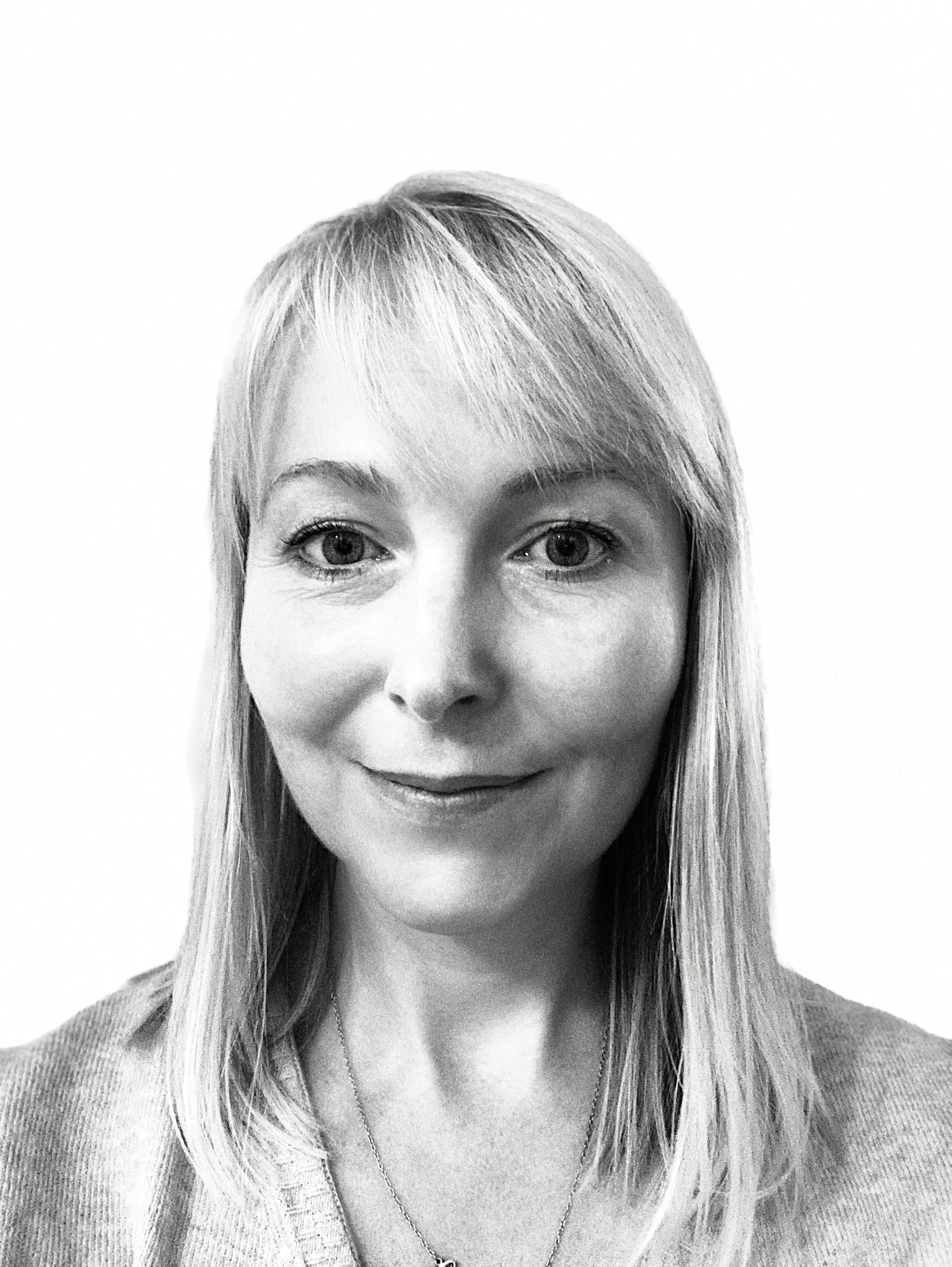
Caren Milloy
Jisc
See Biography
Caren leads Jisc’s licensing and negotiation service, providing UK education and research with access to digital content and software solutions that support the digital transformation of research, learning, teaching and assessment and the digital estate of universities and colleges.
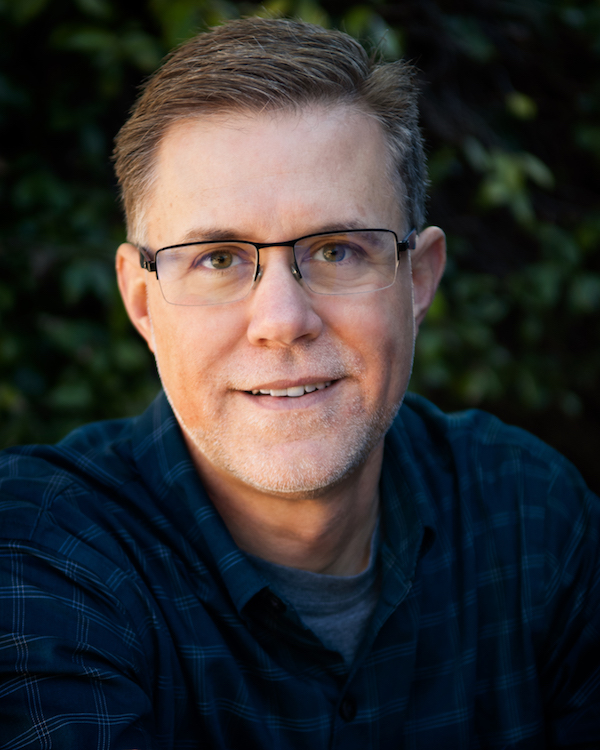
Jason Price
SCELC Library Consortium
10.30
Refreshments and exhibition viewing
11.00
Breakout Session – Group A
11.00
Workshop 2 – Tools that support research workflows. Revisiting innovations in scholarly communications.
Based on Bianca Kramer’s (formerly a scholarly communications librarian at Utrecht University Library, now a consultant at Sesame Open Science) and Jeroen Bosman’s ( Information specialist Utrecht University Library) Innovation in Scholarly Communications; this workshop looks again that the numerous and complex tools available to support scholarly communications and the research workflow.
We all have a limited amount of time to look at and assess these tools. How should we grade them; what is most important; which will come out top? What might work best for our researchers/discipline? This workshop will look at some of the tools currently available.
Do Note: It is highly recommended that you maximize your workshop experience by bringing a device, such as a phone or tablet, capable of connecting to WiFi. This will enable you to actively engage and fully participate in the session.
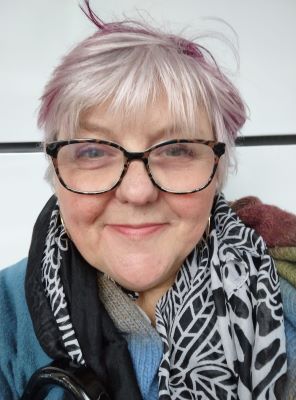
Judith Carr
Edge Hill University
See Biography
Judith Carr is the Head of Open Research Services at Edge Hill University. She has worked in scholarly communications and open research for 10 years and was formerly Research Data Manager at University of Liverpool. Her interest in the Innovation in Scholarly communications project was sparked by a workshop at the Crick Institute in 2016.

Rachel Bury
Edge Hill University
See Biography
Rachel Bury has worked in Higher Education for more than 20 years, previously working in NHS library and information services in Merseyside. Academic Engagement and Resources covers all support and collaboration with academic colleagues and researchers, including resource provision, and developing staff skills. Previous roles include academic liaison, with extensive experience of working with Faculty of Health staff and NHS researchers.
12.00
Lightning Session 2
Advocating for data sharing: messaging frameworks for repository engagement strategies – Gareth Cole, Loughborough University, Adrian Clark, Figshare
Researchers face more pressure to share their research data than ever before. Owing to a rise in funder policies and momentum towards more openness across the research landscape. Although policies for data sharing are in place, engagement work is undertaken by librarians in order to ensure repository uptake and compliance.
We will discuss a particular strategy implemented at Loughborough University that involved the application of conceptual messaging frameworks to engagement activities in order to promote and encourage use of our Figshare-powered repository. We will showcase the rationale behind the adoption of messaging frameworks for library outreach and some practical examples.
All Watched Over By Machines That Love Open Research – Mark Lester, Cardiff Metropolitan University
This talk will outline how a completely accidental occurrence led to brand new avenues for open research advocacy and reasons for being. This advocacy has occurred within student communities such as trainee teachers, student psychologists and (especially) those soon losing access to subscription-based library content. Alongside these new forms of advocacy, these ethical example of AI use cases has begun to form a cornerstone of directly connecting the work of the library to new technology.
How GetFTR Supports Discovery and Access of OA Content – Hylke Koers, STM Solutions
Get Full Text Research (GetFTR) launched in 2020 with the objective of streamlining discovery and access of scholarly content in the many tools that researchers use today, such as Dimensions, Semantic Scholar, Mendeley, and many others. It works equally well for open access content as it does for subscription-based content, providing researchers with recognizable buttons and indicators to get them to the most up-to-date version of content with minimal effort. Currently, around 30,000 OA articles are accessed every day via GetFTR links.
Resources
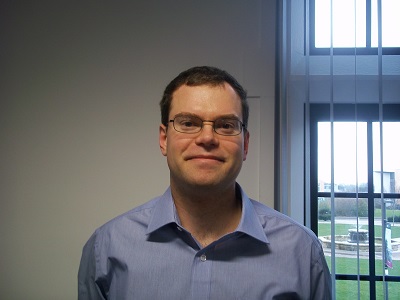
Gareth Cole
Loughborough University
See Biography
Gareth Cole is the Open Research Development and Discovery Lead at Loughborough University. He was previously the Loughborough’s Research Data Manager. In his current role he manages the Research Repository team and leads on the University Library’s open research work.
Gareth is also a work package lead on the Open Book Futures project, where he leads the work investigating the archiving and preservation of open access monographs. He held a similar role on the earlier COPIM project.

Adrian Clark
Figshare
See Biography
After a 14 year career in public, FE and HE libraries, Adrian joined Figshare from Loughborough University, as Business Development Manager for the UK, Ireland and Nordics. Adrian is a passionate advocate of open research, and supporting technologies. As a first in family graduate with a wealth of experience supporting faculty Adrian believes in the transformative capabilities that libraries have to improve knowledge, understanding and to benefit society. If you catch him at the conference, please come and say hello; he’s always happy to talk about all things repositories and OR.

Mark Lester
Cardiff Metropolitan University
See Biography
Mark is an Assistant Head Librarian at Cardiff Met – with the focal points of scholarly communications and research support in his remit. He didn’t really know what it all meant when he first started in the role originally (don’t tell anyone) but now he (very much) does understand (phew!). He is passionate about all aspects of open research, thinks a lot about (and does the work) to support research lifecycles and loves a bit of data wrangling – alongside a healthy interest in shiny new library things. Mark has been working for (nearly!) 20 years in academic libraries.
12.30
Lunch & exhibition viewing
14.00
Plenary Session 3 – There is No List: (How) Can We Combat “Predatory” Publishers in a Changing Scholarly Communications Landscape?
Although scholarly communications has become more open, problems with predatory and problematic publishers remain. There are commercial providers of lists, start-up/renegade Internet lists of good/bad and the researchers, publishers and assessors that try to understand and process what being on/off a list means to themselves, their careers and their institutions. Still, these problems persist and leaves many asking: where is the list?
This plenary panel will discuss the problems of “predatory” publishing and what, if anything, publishers, our community and researchers can do to try and help minimise their abundancy/impact.
Chaired by Lorraine Estelle

Katherine Stephan
Liverpool John Moores University/Think.Check.Submit.
See Biography
Katherine Stephan is the research engagement librarian at Liverpool John Moores University. She is responsible for organising library training related to research, outreach, engagement and publishing for all researchers at LJMU. She has a background in children’s librarianship and is a keen advocate of local libraries, open research and responsible research assessment. She is the librarian member of Think, Check, Submit (an initiative to help researchers identify trusted journals for their research); a member of the UKSG’s outreach and engagement committee; and a co-organiser of Open Research Week, a collaboration between LJMU, Edge Hill, Essex and Liverpool Universities.
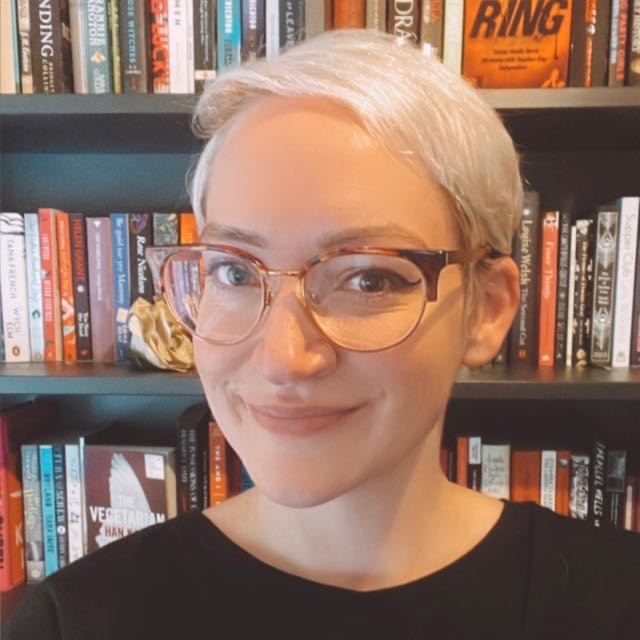
Rebecca Wojturska
University of Edinburgh
See Biography
Rebecca Wojturska (she/her) is the Open Access Publishing Officer at the University of Edinburgh, functioning within Library and University Collections on the Scholarly Communications Team. She is responsible for managing Edinburgh Diamond: an open access hosting service which offers hosting, technical support, preservation, indexing, and publishing guidance to staff and students who wish to publish diamond open access books and journals. Rebecca is also the Statistician/Bibliometrician for the Journal of Information Literacy. In her spare time she loves nothing more than reading Gothic literature, watching horror films and crushing her enemies at board games.
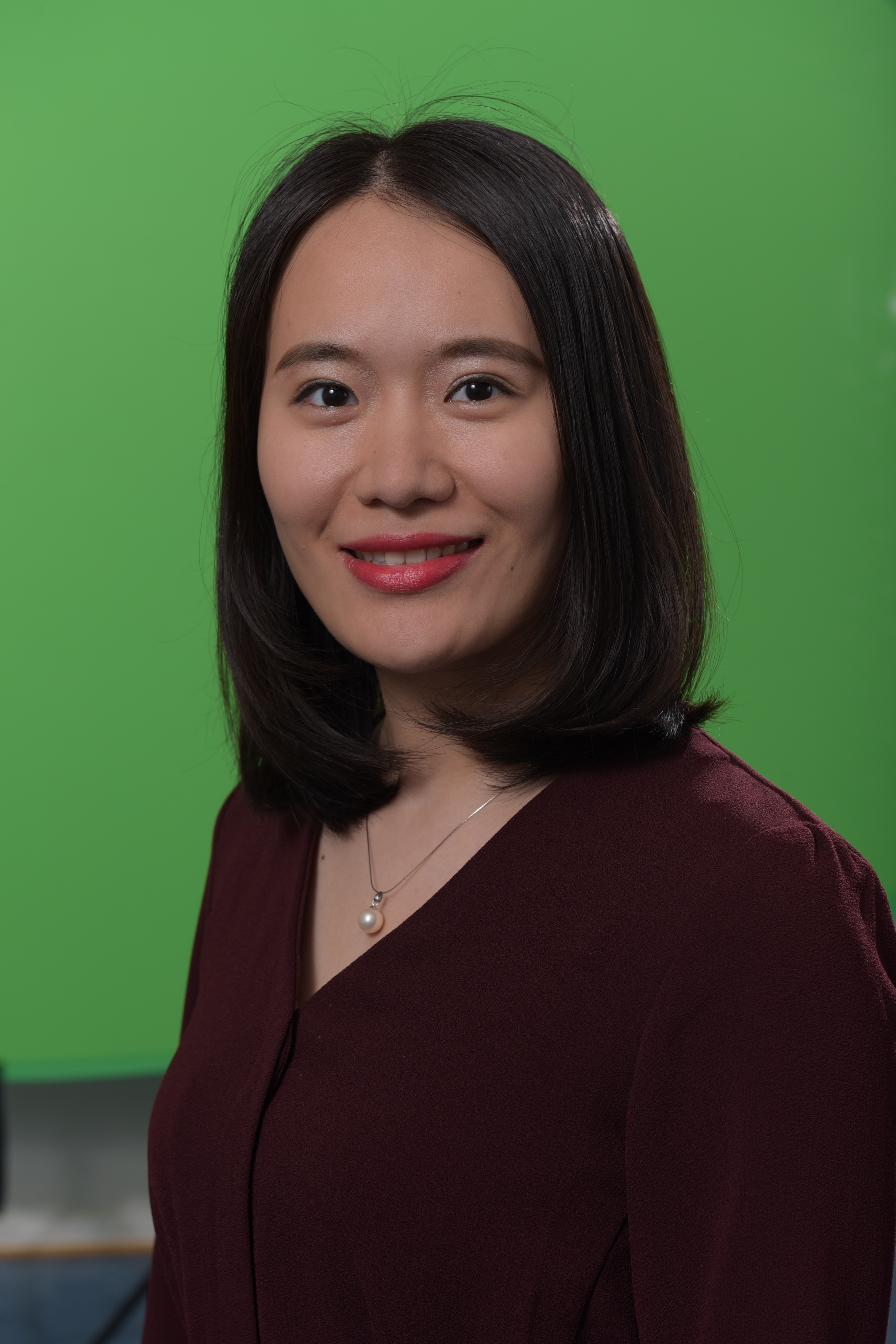
Cenyu Shen
Directory of Open Access Journals (DOAJ)
See Biography
Cenyu Shen is Deputy Head of Editorial (Quality) for Directory of Open Access Journals (DOAJ). Her work focuses on leading and managing the quality team to develop processes and strategies to keep DOAJ away from questionable publishing. Since 2016, she has also been the DOAJ
Ambassador for China to help DOAJ develop the China market. She built the cooperation for DOAJ with Chinese scholarly societies and publishing organisations and established DOAJ’s Chinese journals community to help more local journals be indexed in DOAJ. She was the advisory board member on the Learned Publishing DEIA special issue published by ALPSP in 2022. She holds a PhD in Information Systems Science at the Hanken School of Economics in Finland. Her doctoral thesis explored the gold open access publishing model, its sustainable development and problems of questionable publishing. She is the author or co-author of several scientific publications contained in the Web of Science, one of which has been cited more than 800 times and ranked by The Financial Times in the 4th position among the 100 most socially influential research publications from business schools worldwide over the year 2015-2020.
15.00
Breakout Session – Group B
15.00
Workshop 3 – Project HAGGIS: Honing Accurate Go-betweens for Greater Integration of Systems, or, simply, MAKING E-RESOURCES WORK
Librarians expect our electronic resources to play nicely with each other, through authentication tools, MARC records, link resolvers, discovery layers, knowledgebases, and more. But they often don’t, and we have no idea what our patrons cannot access. If you’re not sure that your systems are coordinating properly, don’t fret: you’re not alone.
This workshop will present an approach to locating, identifying, fixing, and enhancing e-resource access problems. We’ll look at specific problems, lots of solutions, and a tool for managing and tracking these issues. The result is more and better access for all patrons, without spending additional money.
Do Note: While participants are encouraged to bring laptops or other wifi enabled devises for hands-on problem-solving, even if they opt not to do so, the discussion surrounding the identification and resolution of issues will equip them with the skills and understanding to address similar problems independently when they return home.
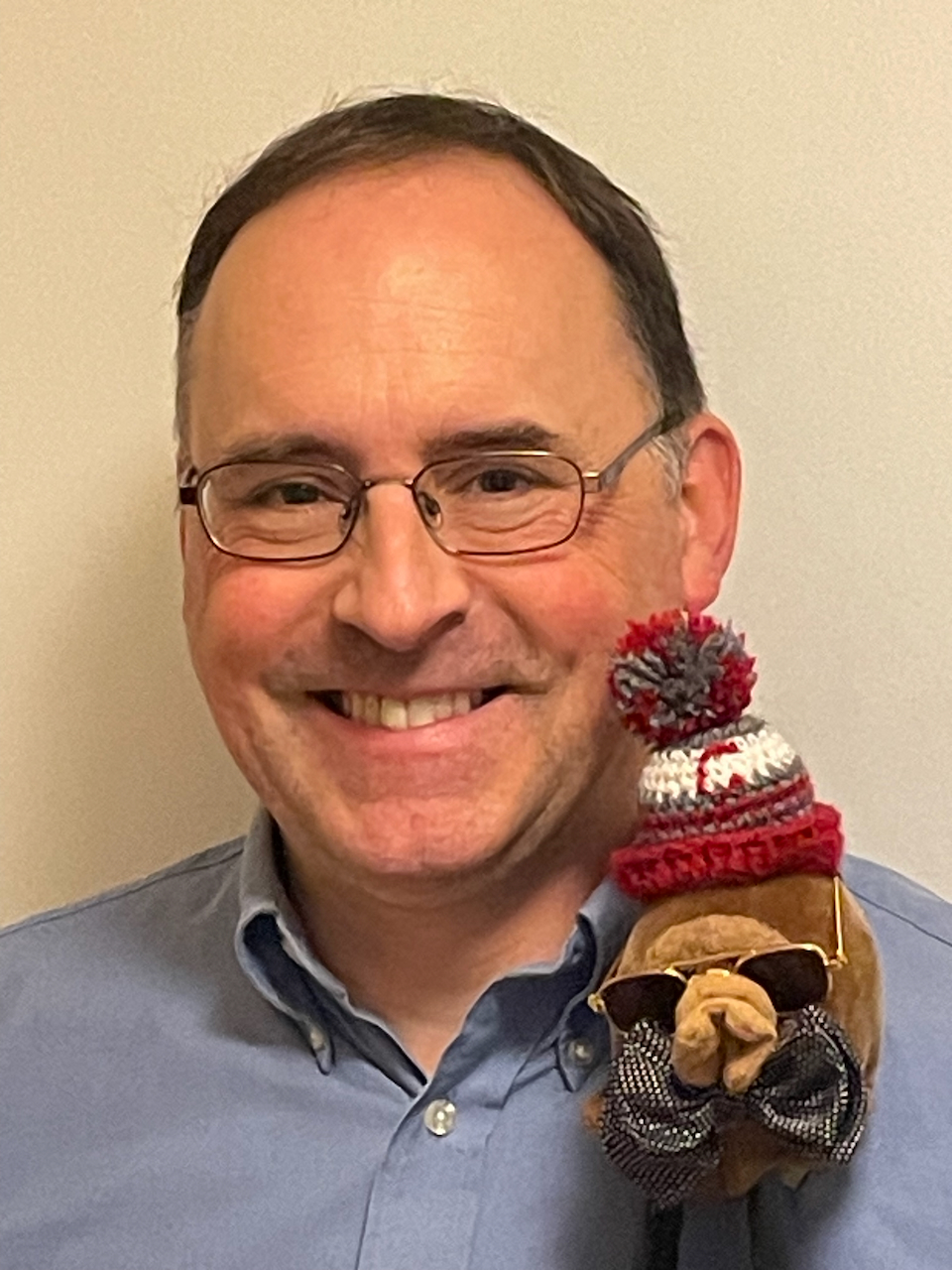
Peter McCracken
Cornell University
See Biography
Peter McCracken has been an electronic resources librarian at Cornell University since 2016. He was a reference librarian at East Carolina University and at the University of Washington, before co-founding Serials Solutions in 2000, where he was responsible for creating the first commercially available e-journal knowledgebase. Peter manages the interactions between Cornell’s e-resources, and also advises on Open Access opportunities. In his spare time, he runs an e-resources database, ShipIndex.org, which helps people do research on vessels.
16.00
Refreshments and exhibition viewing
16.30
Breakout Session – Group D
19.00
Gala Reception and Disco
The evening promises a delightful combination of drinks and canapés accompanied by enchanting performances by talented musicians from the Royal Conservatoire of Scotland.
Thank you to our sponsor for the evening

Time
Programme
Speakers
08.00
Registration
09.00
Plenary 4
Between Convenience and Academic Integrity: Using Generative AI for Discovering Content – Christine Stohn, Clarivate
ChatGPT is convenient. This is one of the key reasons for its popularity. It does however present problems for academic integrity, with no reference to the source of information and no accreditation for authors. In this session I’m going to discuss a project combining the convenience of conversational discovery with the reliability of academic sources. Based on the ProQuest One Literature database, the assistant is using large language models to generate answers from academic literature including references to the source of information. I will discuss the goals, the details of the project and technology used, the outcomes and the lessons learned.
CORE-GPT: Combining Open Access research and large language models for credible, trustworthy question answering – David Pride, The Open University
In this paper, we present CORE-GPT, a novel question- answering platform that combines GPT-based language models and more than 32 million full-text open access scientific articles from CORE. We first demonstrate that GPT3.5 and GPT4 cannot be relied upon to provide references or citations for generated text. We then introduce CORE-GPT which delivers evidence-based answers to questions, along with citations and links to the cited papers, greatly increasing the trustworthiness of the answers and reducing the risk of hallucinations.
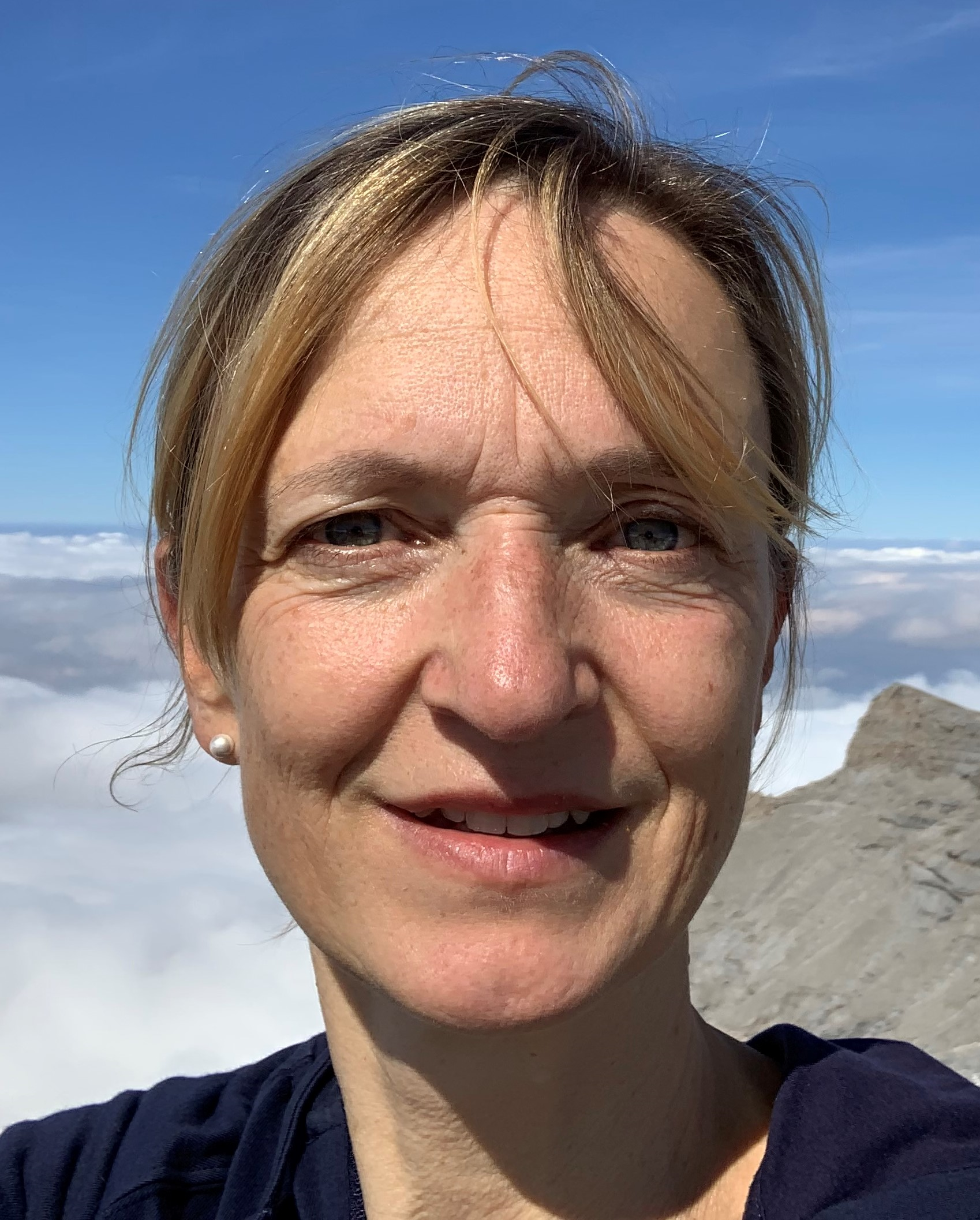
Christine Stohn
Clarivate
See Biography
Since joining Ex Libris (part of Clarivate) in 2001 I worked on strategic data projects, library discovery and user centered services for many years. In my current role I focus on leveraging generative AI for discovering library content. Community work is very important to me. I’m involved in various NISO initiatives incl. KBART as well as serving on the CrossRef board. I’m fascinated by the changes in technology, the scale of material that is available today, and the opportunities they offer. I have degrees in library science, information systems, and history and a passion for lifelong learning.

David Pride
The Open University
See Biography
Dr. David Pride is a Research Associate at The Knowledge Media Institute, part of the STEM faculty at the Open University. He completed his PhD. in 2020 and his research focused on extracting citations from fulltext research papers and classifying these citations according to type and influence on the citing paper. He also conducted the largest study into the use of citation data and peer review in the U.K.’s Research Excellence Framework. He has been an invited speaker at international events and has published extensively in the domain. David was also part of the team that recently completed work on the ON-MERRIT project, a Horizon 2020 project.
10.00
Breakout Session – Group C
11.00
Refreshments and exhibition viewing
11.30
Breakout Session – Group D
12.30
Plenary 5 – Revolutionary Leader: How to lead authentically in a world that’s set up for you to follow.
People often find themselves living lackluster lives as a result of conforming to societal norms that tell them to settle for less than they deserve. This leads to burnout, unhappiness, and health issues. This keynote will remind the audience that they are not only leaders of themselves but of future generations.
Playing an active role in the quality and trajectory of one’s life is crucial. This talk will invite the audience to celebrate individual strengths and authenticity for a life marked by joy, exceptional leadership, and a well-rounded perspective. It will support you in rejecting conformity, embracing your uniqueness, and empowering you to reach your potential personally and professionally.
.
Shereen Thor
Bestselling Author & Executive Coach – Thor International Inc.
See Biography
Shereen Thor is a comedian turned coach who slays with hope and humor. She has shared the stage with greats like Serena Williams, Prince Harry, Pau Gasol, and Les Brown. She is also the bestselling author of Revolutionary Woman, which focuses on inspiring women and people of color to revolutionize how they see themselves to create a more equitable world. She has been featured in Forbes, TEDx, The Wall Street Journal, Insider, Medium, Spike TV, 97.1 AMP Radio, and more. When she isn’t working, she is enjoying the great outdoors, spending time with her family, coaching or playing soccer, enjoying good food with friends and leaving her cell phone in the dust for extended periods of time. To learn more go to www.shereenthor.com.
13.15
Summary and Close
Feedback
The conference was great and was organised really well. Everyone was really friendly and I gained loads from it.
2023 delegate
I thoroughly enjoyed the conference and look forward to returning to Glasgow in 2024.
2023 delegate
Registration
Wednesday, December 13, 2023 – 08:00 GMT – Wednesday, March 27, 2024 – 16:00
£ 485.00
+97.00 VAT
UKSG Member
£485.00 +VAT (total £582.00)
£650.00
+130.00 VAT
Non-Member
£650.00+VAT (total £780.00)
NB: UKSG reserves the right to alter or vary the programme due to events or circumstances beyond its reasonable control without being obliged to refund monies.
Contact
For any queries
General queries – events@uksg.org
Sponsorship queries – Par Rock at Content Online for more information – par@contentonline.com
Exhibition queries – Karina Hunt at KHEC – karina@khec.co.uk
Cancellations
The closing date for cancellations is Friday 1st March at 5pm GMT, after which date cancellations will not be eligible for a refund. Cancellations should be sent into writing to events@uksg.org
The UKSG code of conduct can be found here
The General UKSG booking terms and conditions can be found here






